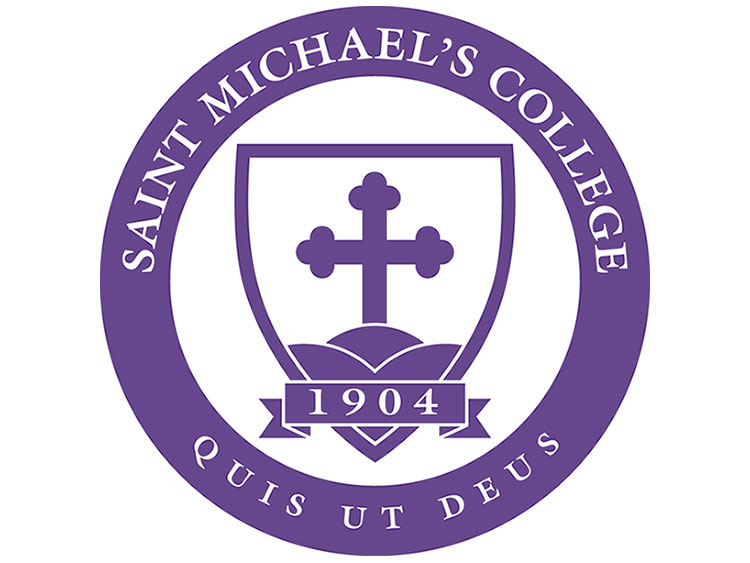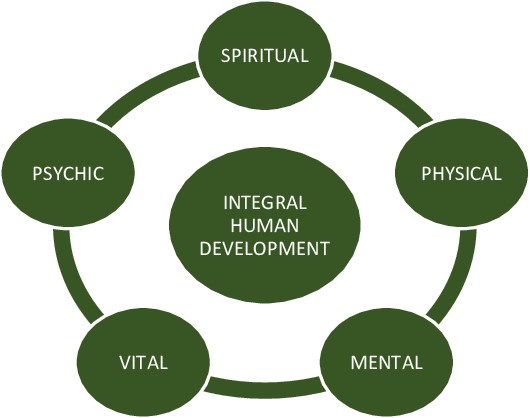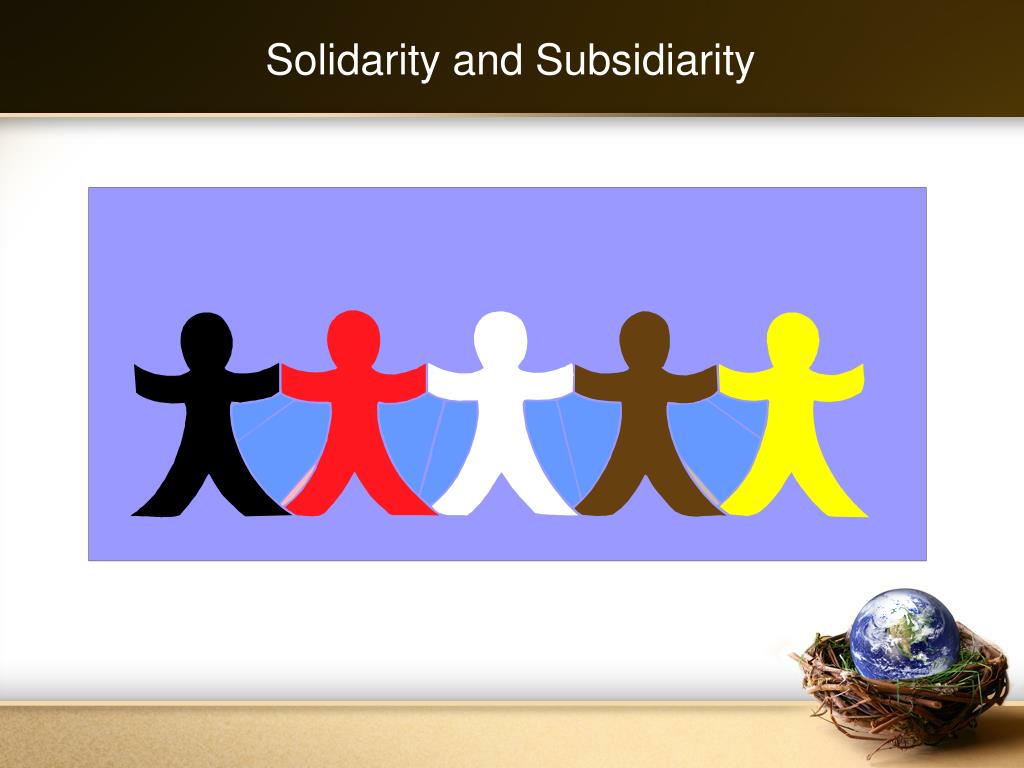In our previous blog, we explored the Catholic Social Teaching principle of rights and responsibilities in light of the common good. We affirmed that human rights, such as access to food, education, work, and participation, are rooted in the dignity of each person. These rights come with equally important responsibilities. These responsibilities are not burdens but opportunities to build a just society where all can flourish.
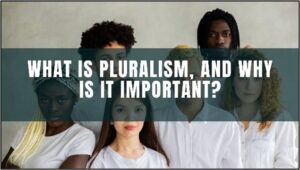 But what happens when our values clash? When rights seem to compete? Or when upholding someone’s dignity challenges our own deeply held beliefs? These are not abstract questions. They are urgent concerns in a pluralistic society such as ours, especially in today’s conversations about the principles of Diversity, Equity, and Inclusion (DEI).
But what happens when our values clash? When rights seem to compete? Or when upholding someone’s dignity challenges our own deeply held beliefs? These are not abstract questions. They are urgent concerns in a pluralistic society such as ours, especially in today’s conversations about the principles of Diversity, Equity, and Inclusion (DEI).
Conflicting Rights in Plural Spaces
Consider a Catholic college that serves students from many faiths, cultures, and personal experiences. It upholds Church teaching and strives to be inclusive and equitable. How does it respond when a student group advocates for something contrary to Catholic doctrine? Or when employees request accommodations that challenge institutional norms?
These are not easy situations. Catholic Social Teaching provides tools to approach them, not with defensiveness but with discernment.
DEI principles offer a valuable framework for recognizing the dignity of each individual and promoting conditions in which all can participate fully. At their best, DEI efforts align with the Church’s call to solidarity, the protection of human dignity, and the pursuit of justice. They challenge institutions to examine structures that exclude and to create environments where diversity is welcomed, all voices are valued, and all have equal access to the benefits of society.
 Pope Francis reminds us in Amoris Laetitia and Fratelli Tutti that dialogue is not a luxury. It is essential. It begins with listening. When values come into tension, our response should not be retreat or rigidity. Instead, we must engage in respectful conversation that is grounded in the belief that truth and love are never at odds. This does not mean abandoning convictions. It means upholding them with humility and always seeking the good of the person in front of us.
Pope Francis reminds us in Amoris Laetitia and Fratelli Tutti that dialogue is not a luxury. It is essential. It begins with listening. When values come into tension, our response should not be retreat or rigidity. Instead, we must engage in respectful conversation that is grounded in the belief that truth and love are never at odds. This does not mean abandoning convictions. It means upholding them with humility and always seeking the good of the person in front of us.
Institutions as Moral Agents
Catholic institutions have a responsibility to witness to the Gospel and to serve the common good, both within and beyond their own communities. This means ensuring that policies are just, that marginalized voices are heard, and that institutional identity is expressed not in exclusion but in faithful hospitality.
DEI initiatives can help Catholic institutions fulfill this mission more effectively. Equity-oriented practices ensure that every community member, especially those historically disadvantaged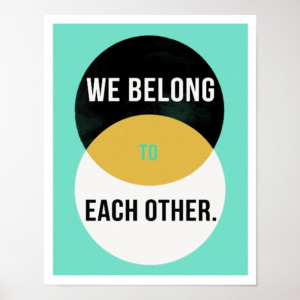 or underrepresented, has a real opportunity to thrive. Inclusion calls us to accompany those who have been left out. Diversity enriches our institutions by reflecting the full image of God found in humanity.
or underrepresented, has a real opportunity to thrive. Inclusion calls us to accompany those who have been left out. Diversity enriches our institutions by reflecting the full image of God found in humanity.
Upholding conscience rights and advancing DEI may sometimes feel like competing goals. Catholic Social Teaching, however, insists that they are not. They are held together by solidarity.
Solidarity is not about agreeing on every issue. It is about recognizing that we belong to one another. It is the conviction that no one can flourish while others are excluded. This requires more than tolerance. It calls for accompaniment.
It is possible, and deeply Catholic, to honor Church teaching while also standing against racism, welcoming immigrants, protecting LGBTQ+ persons from harm, and ensuring that all students or coworkers are treated with respect. This is not compromise. It is the Gospel of Jesus Christ, who healed, included, and welcomed.
Our Civic Responsibility
Catholic Social Teaching invites us to live these commitments beyond our institutions, in civic life, in political engagement, and in our neighborhoods. DEI efforts in public spaces are not merely administrative programs. They are expressions of a moral commitment to recognize the dignity of each person and to work for justice.
Rights are not secured by policy alone. They are protected and advanced by people who are willing to act on behalf of others. Voting, volunteering, and speaking up are not simply political actions. They are moral acts that reflect our belief that what happens to others affects all of us.
Conclusion: Grace in the Tension
Tension will always exist in a pluralistic society. The critical question is how we choose to respond. Do we retreat into isolated groups, or do we enter into discomfort with a deeper commitment to love, truth, and justice?
DEI principles, when aligned with Catholic Social Teaching, offer valuable tools for engaging these tensions faithfully. Catholic Social Teaching does not promise a way around these difficulties. It provides a way through them.
If you would like to comment or ask a question, I can be reached at dtheroux@smcvt.edu. Let’s talk!

For all press inquiries contact Elizabeth Murray, Associate Director of Communications at Saint Michael's College.



